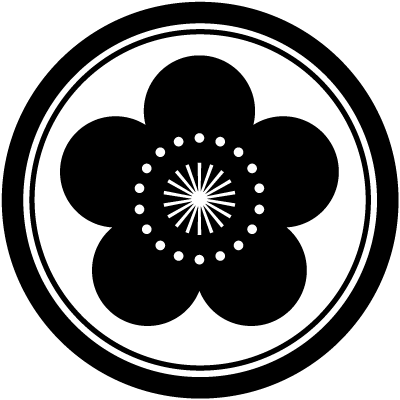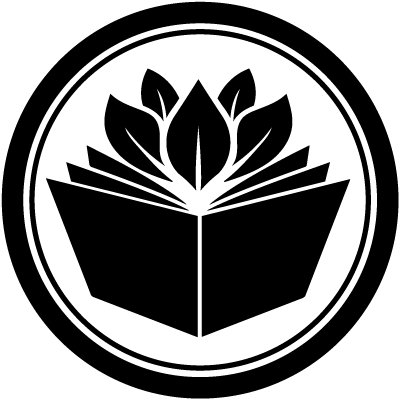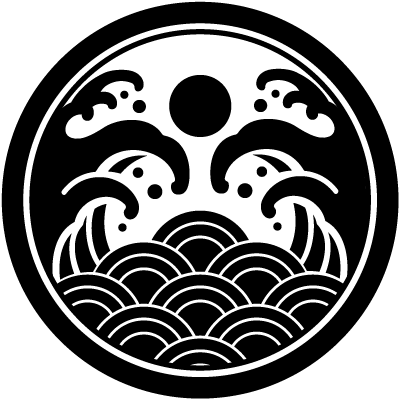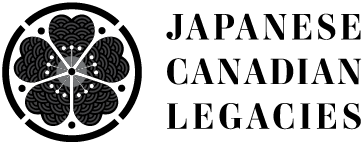BC Redress: $100 million framework funds programs
Background
The BC Redress Project was created under the umbrella of the National Association of Japanese Canadians (NAJC), setting out to redress historical wrongs of past BC Governments, which permanently uprooted and displaced 22,000 coastal-living Japanese Canadians.
On May 21, 2022, after four years of extensive community consultations, reports, meetings, and proposals to the BC Government, and building on the 2012 BC apology led by MLA Naomi Yamamoto, BC Premier John Horgan announced a $100 million legacy package. The package, which fits a six-fold framework of pillars, approved by the NAJC BC Redress Project and the NAJC National Executive Board, includes: anti-racism (non-monetary, involving acknowledgment); education; seniors’ health & wellness; heritage; community & culture; and monument.
From May 22, 2022, until now, agreements have been drafted which specify the use of funds across four of the six pillars: education; heritage; community & culture; and seniors’ health & wellness.
In addition, on June 29, 2022, the Japanese Canadian Legacies Society (JCLS) was set up to oversee the implementation of the initiatives created under the umbrella of the NAJC (2020-2022) in conjunction with Japanese Canadian communities and based on the legacy pillars.
$100 Million Framework
The BC Government has funded a set of initiatives under four pillars, where nine programs will be completed over five years. This is not an endowment. It is a set of programs. The JCLS must report on all programs quarterly to the BC Government. These legacy pillars reflect the will of the Japanese Canadian community as expressed through extensive BC Redress community consultations, validations, and a strong development of ‘legacy initiatives’ built from 2020 to 2022.
Agreements and funding were finalized in September and October 2022 for $62 million of the legacy package.
The Japanese Canadian Legacies Society (JCLS) has a Project Office which is implementing nine programs running under four pillars: seniors’ health & wellness; education; heritage; and community & culture. Unlike federal redress, the BC Government has funded programs set to run within a five-year framework, and the JCLS will report quarterly on both outcomes and expenses. The money is tied to specific programs.
Seniors Health & Wellness
$32 Million

$30 Million for the Japanese Canadian Survivors Health & Wellness Fund. $28 Million for individual survivors is a key initiative: This will be implemented by the Japanese Canadian Survivors Health & Wellness Fund Society. The details of this fund are forthcoming, and the fund will open in early Spring 2023. $2 Million for intergenerational wellness: This program stream will require community input to develop the framework.
$2 Million for the Nikkei Seniors Health Care & Housing Society to create a health navigation services program for BC’s Lower Mainland survivors
Education
$500,000

The Teacher Education Committee has been created with a core advisory of Masako Fukawa, Greg Miyanaga, Vivian Wakabayashi Rygnestad, and Connie Kadota. The Teacher Education Committee Project Director is Mike Perry-Whittingham. The three-year project consists of two key components: development of a Japanese Canadian History Learning Portal and creation of a Digital Course for Teacher Training. Robust teacher recruitment has taken place, and there will be exciting announcements coming from this fund in the New Year.
Heritage
$14.5 Million

The heritage ask package totals $14.5 Million. This total was arrived at by surveying and aggregating funding needs for establishing and maintaining important community heritage sites in BC.
$10 Million BC Heritage Sites Fund will include the further project planning of Pitt Meadows/Maple Ridge; Surrey; Hastings Park; Miyazaki House; Vancouver Japanese Language School (VJLS); Powell Street; Nanaimo; Cumberland; four Gulf Islands; Ucluelet; Prince Rupert; and gardens & cemeteries. In addition to large projects, a second tier of smaller heritage site projects will be considered for funding. Detailed project planning for the heritage sites will be created over the next year.
$3.5 Million fund for the Nikkei National Museum & Cultural Centre (NNMCC)’s Digital Database Hub and Heritage Portal, which will benefit Japanese Canadians across Canada, will be initiated in the next two months.
$1 Million fund to the Village of New Denver for maintenance and operations of the Nikkei Internment Memorial Centre will be initiated in the next two months.
Community & Culture
$15 Million

The Community & Culture Fund of $15 million provides the most discretionary funding, and this funding is the most forward-looking, with the potential to support young Japanese Canadians across Canada.
$12 Million Community Fund is a program with a suite of streams: community-led programming; infrastructure funding; arts and culture funding; and scholarships, skills, and training. This fund will be open to all Japanese Canadians.
$2.25 Million is set aside for capacity building for NAJC to increase staffing and capacity as it continues to build better organizational support in Canada.
$750,000 for a community space in a historic area in Vancouver.
The next six months will be early planning cycles for both BC heritage sites & the community fund.
Monument

The balance of $38 million is set for a national monument in Victoria with names of all 22,000 Japanese Canadians AND a housing project/community space in the BC lower mainland. Meetings with the BC Government are ongoing and more information will be available in the new year.
A monument in Victoria, the province’s capital, is being planned to honour all Japanese Canadians. Funding is being set up to begin the work of assembling and disambiguating the list of names of all Japanese Canadians who were uprooted, dispossessed, interned, and displaced. This work will take place at the University of Victoria and will require up to one year to complete under a Project Director (to be announced in January). Japanese Canadian researchers will create the list of names, and the project will be run and operated by Japanese Canadians. The monument is part of the legacy package and will be run by the BC Ministry of Citizens Services, jointly with input from the BC Ministry of Attorney General; the BC Ministry of Tourism, Arts, Culture and Sport; and the Japanese Canadian Legacies Society. Early preliminary costing work is underway with the team at the BC Government to identify the project scope. The community will not see the money for this project, as it will be internally managed by the BC Government.
